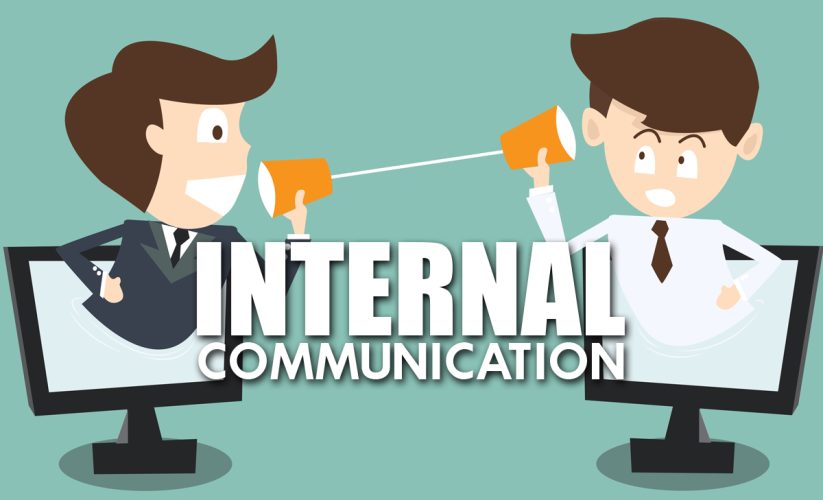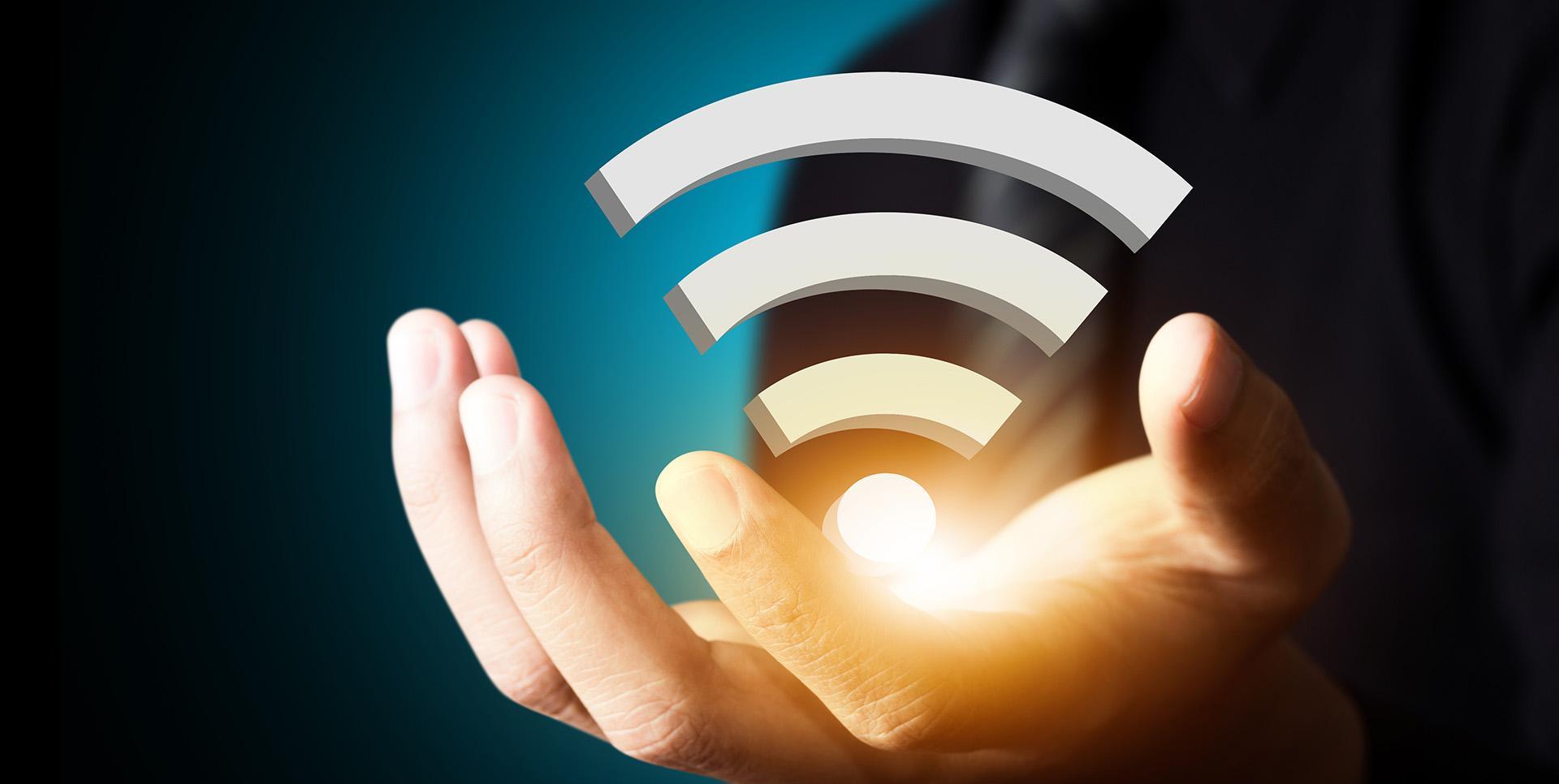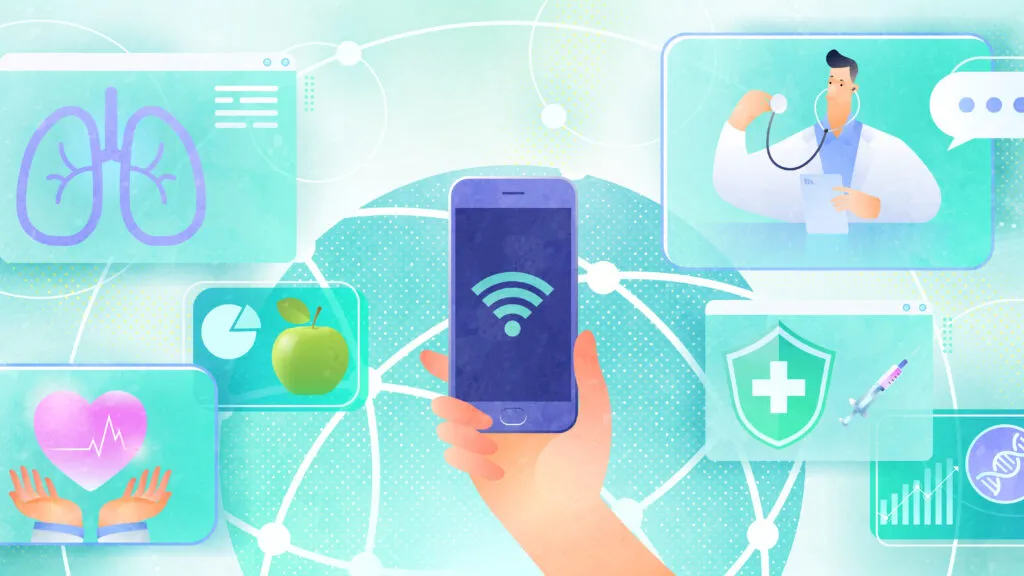
Role of Medical Call Centers in Patient Relationship Management
In an increasingly competitive healthcare landscape, effective patient relationship management (PRM) has become essential for delivering quality care and fostering patient loyalty. Medical call center services play a critical role in enhancing PRM by facilitating communication, providing timely support, and ensuring that patients feel valued throughout their healthcare journey. This article explores the multifaceted role of medical call centers in patient relationship management and how they contribute to improved patient experiences and outcomes.
Understanding Patient Relationship Management
Patient relationship management encompasses the strategies and practices that healthcare organizations use to build and maintain strong relationships with their patients. Effective PRM involves understanding patient needs, preferences, and behaviors, as well as providing personalized care and communication. A robust PRM strategy can lead to increased patient satisfaction, loyalty, and better health outcomes.
The Importance of Patient Relationship Management
- Enhanced Patient Satisfaction: Patients who feel valued and understood are more likely to report higher satisfaction levels with their care.
- Increased Loyalty: Strong relationships encourage patients to return for future care and recommend the practice to others.
- Improved Health Outcomes: Engaged patients are more likely to adhere to treatment plans and actively participate in their healthcare, resulting in better health outcomes.
- Operational Efficiency: Effective PRM can streamline workflows and reduce administrative burdens, allowing healthcare providers to focus more on patient care.
How Medical Call Centers Enhance Patient Relationship Management
1. 24/7 Accessibility
One of the most significant advantages of medical call center services is their round-the-clock availability. Patients often have questions or concerns that arise outside of normal office hours. Having access to knowledgeable staff at any time ensures that patients can receive timely support and reassurance.
- Emergency Guidance: Call center representatives can provide immediate advice on whether a patient should seek urgent care or manage their symptoms at home, which is crucial for maintaining patient safety.
2. Efficient Appointment Scheduling
Medical call centers streamline the appointment scheduling process, making it easier for patients to book, cancel, or reschedule appointments. This efficiency not only improves the patient experience but also enhances operational workflows.
- Automated Reminders: Call centers can send automated reminders via phone calls, texts, or emails, significantly reducing no-show rates and keeping patients informed about their upcoming appointments.
3. Personalized Patient Education
Medical call centers play a vital role in patient education by providing accurate and relevant information. Trained representatives can answer questions about treatment plans, medications, and procedures, ensuring that patients are well-informed and comfortable with their care.
- Tailored Communication: By using data analytics, call centers can personalize educational content based on a patient’s history, preferences, and needs, further enhancing the patient relationship.
4. Handling Patient Inquiries and Concerns
Patients often have various inquiries, from simple questions about office hours to complex health concerns. Medical call center services can efficiently manage these inquiries, providing timely and accurate responses.
- Dedicated Support: Having a dedicated team to address patient concerns fosters trust and reassurance, allowing healthcare providers to focus on delivering quality care.
5. Follow-Up Care
Follow-up calls are essential for monitoring patients’ progress and ensuring adherence to treatment plans. Medical call centers can conduct follow-up calls to check on patients after procedures or treatments, gathering feedback and providing additional support as needed.
- Example: After a surgical procedure, a call center can reach out to the patient to assess their recovery and answer any questions they may have, reinforcing the provider-patient relationship.
6. Telehealth Support
With the rise of telehealth, medical call centers have adapted to facilitate virtual consultations and follow-ups. This flexibility allows patients to receive care from the comfort of their homes while maintaining the quality of service.
- Technical Assistance: Call center representatives can assist patients with technical issues related to telehealth platforms, ensuring a smooth experience for both patients and providers.
7. Language and Cultural Sensitivity
In diverse communities, language barriers can hinder effective communication between patients and healthcare providers. Medical call center services often employ multilingual staff or utilize translation services to ensure that patients can communicate comfortably in their preferred language.
- Cultural Competence: Training representatives in cultural sensitivity enhances communication further, ensuring that all patients feel respected and understood.
8. Data Collection and Analytics
Medical call centers gather valuable data regarding patient interactions, preferences, and feedback. This information can be invaluable for healthcare providers, enabling them to identify trends, improve services, and enhance patient satisfaction.
- Feedback Loops: By analyzing patient feedback, healthcare organizations can make informed decisions about improving communication strategies and service offerings, thus fostering stronger patient relationships.
The Impact on Patient Engagement and Outcomes
Integrating medical call center services into patient relationship management directly impacts patient engagement and health outcomes. Here are some ways these services enhance engagement:
1. Improved Communication
By facilitating ongoing communication between patients and providers, medical call centers ensure that patients feel connected to their healthcare team. This connection encourages patients to ask questions and seek clarification, which can lead to better adherence to treatment plans.
2. Increased Patient Empowerment
When patients receive timely information and support, they feel more empowered to take an active role in their healthcare. This empowerment can lead to more informed decision-making and a greater sense of ownership over their health.
3. Higher Patient Satisfaction
The combination of accessibility, personalized education, and effective communication leads to higher patient satisfaction. Satisfied patients are more likely to return for future care and recommend the practice to others, contributing to the practice’s growth.
4. Enhanced Health Outcomes
Engaged patients who understand their care are more likely to follow treatment plans and participate actively in their health journey. This engagement can lead to improved health outcomes and lower healthcare costs over time.
Conclusion
Medical call center services play a crucial role in patient relationship management by enhancing communication, providing timely support, and ensuring that patients feel valued throughout their healthcare journey. By implementing these services, healthcare organizations can improve patient satisfaction, foster loyalty, and ultimately achieve better health outcomes.
As the healthcare landscape continues to evolve, the importance of effective patient relationship management cannot be overstated. Embracing medical call center services is essential for delivering quality care and meeting the demands of today’s patients.





